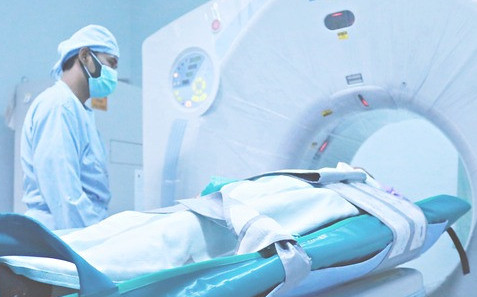WHAT IS THE IMMUNE SYSTEM?
The immune system is the way your body defends itself from illnesses and infections. It works hard every day to be sure that your body is not overtaken by germs, bacteria, viruses, parasites and other things that get inside your body and do harm. Supporting your immune system is vital to maintaining a strong, healthy body. Your immune system works to constantly recognize things in your body that should not be there. When trouble appears the immune system calls your immune cells to come to the troubled spot. Supporting your immune system keeps it strong enough to attack the invaders and cast them out of your body. Your immune system must also know when to stop attacking and terminate its’ attack. An antigen is something recognized that should not be on your body. Supporting your immune system keeps it strong so that when an antigen appears it can trigger a proper response from your immune system. Antigens can come in different forms. They may appear as chemicals, pollen, food particles, or other intruders. Your immune system recognizes many of these antigens but there are also many it must learn to recognize.
WHAT ARE THE ACTUAL PARTS TO THE IMMUNE SYSTEM?
It takes many parts to form an intricate machine like the immune system. They include:
* Your white blood cells
* Your lymphatic system
* Many organs such as the spleen, your tonsils, the thymus gland, your bone marrow and your appendix.
* Antibodies
The white blood cells constantly flow through your blood system looking for germs and other problems that do not belong there. Upon occasion they come upon an antigen and define it as an enemy. An antigen is something foreign to your body that does not belong there. Your immune system knows how to identify some antigens immediately. Many it must learn to recognize. Your immune system can then fight against it and hopefully destroy it. Having done this the antibodies can usually remember it. This often is a part of the cell-to-cell communication that takes place daily within your body. The next time they come upon that same type antigen they, hopefully, can remember it and quickly go into battle and destroy it.
Antibodies are certain chemicals that some white blood cells are capable of producing. An antibody floats through your blood looking for and attacking antigens. An antibody is only capable of attacking one specific antigen. One of the most amazing intricacies of the immune system is that your white blood cells learn how to make new antibodies each time they find a new antigen and need to defend you. Your body has a very long memory and retains how to make these antibodies for a very long time.
You have a fluid within your body called lymph. This lymph is part of a special network referred to as the lymphatic system. The vessels making up the lymphatic system carry lymph through your system picking up dead cells and dead germs to dispose of them. The lymph goes through small collection points referred to as lymph nodes which filter the dead germs and cells out. Lymph nodes will often swell up if they are close to an infection. People mistakenly will call these swollen lymph nodes “swollen glands” but your lymph nodes are not actually glands.
Throughout your body there are various organs that are part of your immune system. Your bone marrow, spleen, tonsils, the thymus gland, and your appendix are all part of this amazing protective defense system.
CAN THE IMMUNE SYSTEM HAVE PROBLEMS?
Yes, it certainly can! This is why you must constantly be thinking of supporting your immune system. There are times when your immune system may not work as it should. As it works to fight intruders it releases chemicals and these can cause inflammation. And this inflammation often appears as pain, swelling, redness or local heat. When not functioning properly the immune system may also cause an autoimmune disease which attacks your own body by mistake. Upon occasion the malfunction may cause an allergic reaction such as hay fever. In this case your immune system is overreacting to something usually harmless to your body such as food and this causes a rash or sneezing. There can be times when your immune system is weakened and it cannot fight off germs or invaders as it should and this is referred to as an immunodeficiency disorder.
THERE ARE WAYS YOU CAN SUPPORT YOUR IMMUNE SYSTEM.
Remaining as healthy as possible obviously helps in supporting your immune system. Maintaining a good exercise program can be very important. Many of us tend to slow down as we get older and this lack of motion and activity can cause the lymphatic system to not work as efficiently as it should. Getting sufficient rest and sleep can be very important as the body restores itself daily. Naps for many are an important routine in getting the proper amount of restorative time. One of the most important parts of supporting our immune system is giving our bodies the proper and necessary nutrition. Our food sources in todays world do not supply us nearly enough true nutrition. It often becomes necessary to include some type of nutritional supplement. This can be very true as we age and our bodies no longer produce the enzymes for good digestion, as they did when we were younger. Maintaining a good fluid intake can become even more important as we age. Three things that can be vital to maintaining and supporting your immune system can be to be cautious regarding smoking, alcohol intake and the use of drugs.
I hope that this has been helpful. Please leave me any comments or questions. Thank you.
